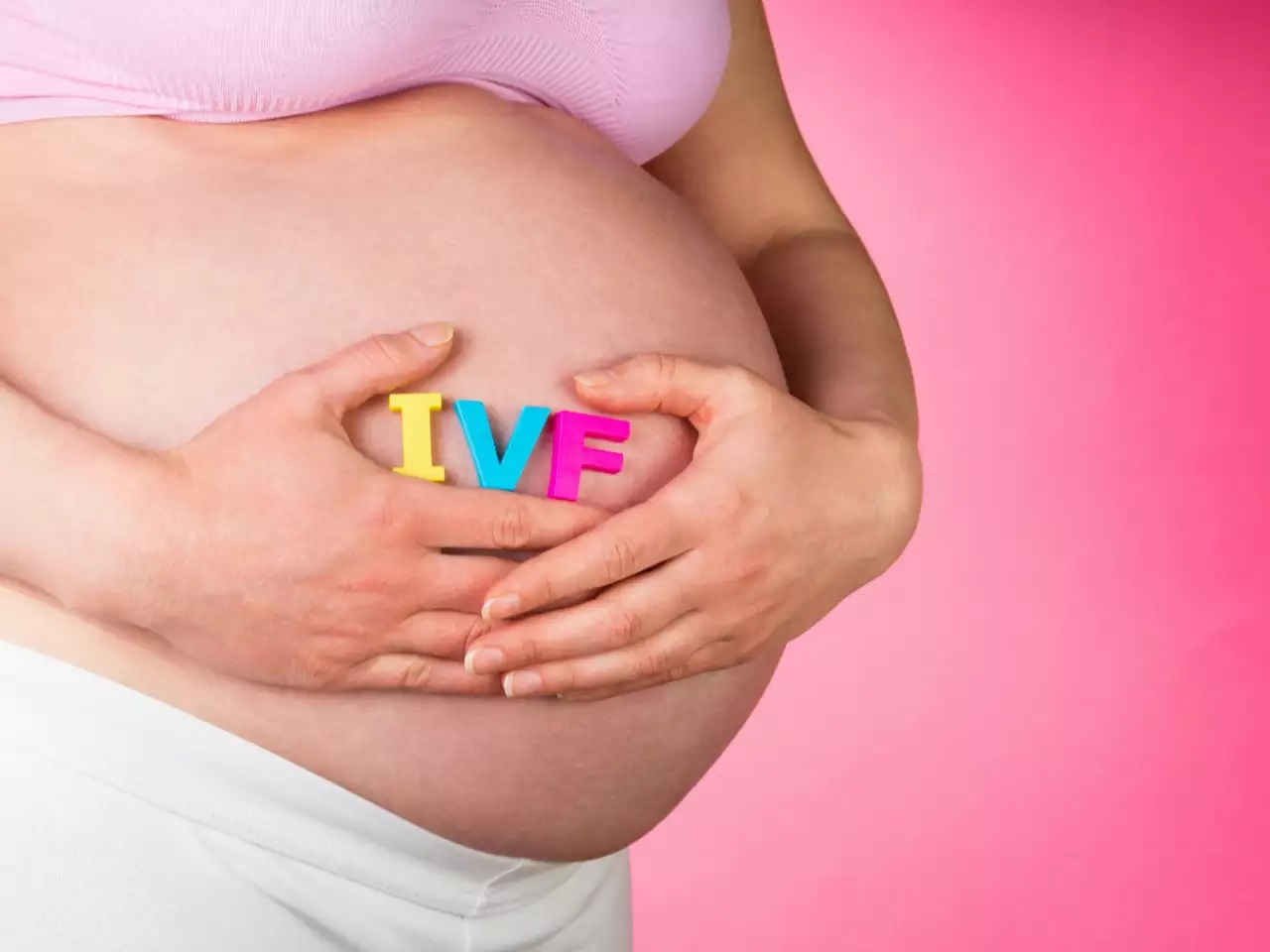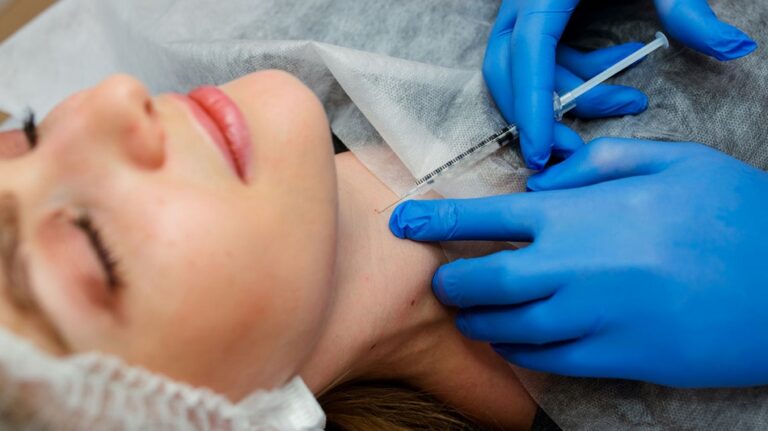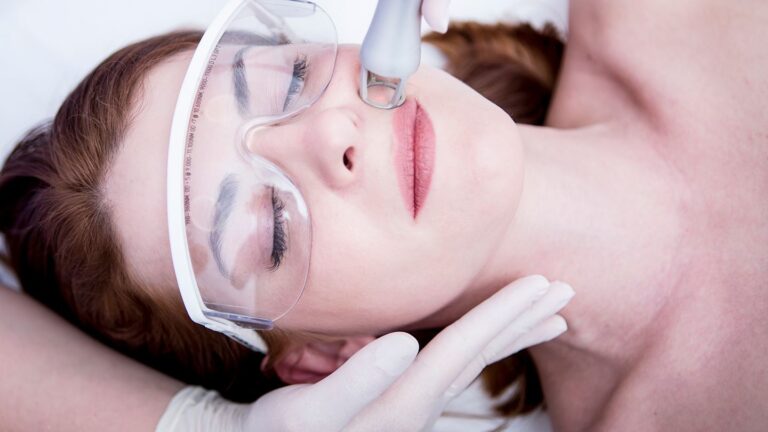
Balancing Your Body After IVF: Managing Hormonal Changes
Embarking on the journey of IVF (In Vitro Fertilization) is both exciting and challenging. While the primary focus is on successful conception, it is crucial to recognize and address the hormonal changes that occur during this process. Balancing your body after IVF and managing hormonal changes play a vital role in ensuring a healthy pregnancy. In this blog, we will explore effective strategies to cope with hormonal fluctuations, maintain emotional well-being, and promote overall health. Remember, for personalized guidance, it’s essential to consult with an experienced IVF clinic in Noida and the best IVF doctor in Noida, who can provide tailored advice for your specific needs.
Understanding Hormonal Changes After IVF
IVF treatment involves the administration of fertility medications to stimulate the ovaries, resulting in increased hormone production. As a result, hormone levels, particularly estrogen and progesterone, undergo significant fluctuations. These changes are necessary to prepare the uterus for implantation and support pregnancy. However, they can also lead to emotional and physical symptoms.
Coping with Emotional and Physical Changes
Hormonal changes after IVF can affect your emotional well-being. Mood swings, anxiety, and stress are common during this period. It’s crucial to develop effective coping strategies to maintain a positive mindset. Engaging in activities that promote relaxation and reduce stress, such as meditation, deep breathing exercises, and light exercises like walking or yoga, can be beneficial.
Additionally, it is essential to communicate openly with your partner, family, and friends about your feelings and seek their support. Consider joining support groups or online communities where you can connect with others who have undergone IVF. Remember, you are not alone in this journey.
On the physical front, it’s normal to experience bloating, breast tenderness, and fatigue due to hormonal changes. Prioritize self-care by getting adequate rest, practicing gentle exercises, and consuming a nutritious diet.
Diet and Lifestyle Tips for Hormonal Balance
A healthy diet is crucial for balancing hormones after IVF. Include whole foods, such as fruits, vegetables, whole grains, lean proteins, and healthy fats in your meals. Avoid processed foods and excessive sugar, as they can contribute to hormonal imbalances. Staying hydrated is equally important, so drink plenty of water throughout the day.
Regular exercise can also help regulate hormones and improve overall well-being. Engage in moderate exercises like walking, swimming, or yoga, as they promote relaxation and release endorphins. However, it’s essential to consult with your doctor before starting any exercise regimen after IVF.
In addition to diet and exercise, prioritize stress reduction techniques. Meditation, deep breathing exercises, and mindfulness practices can help restore hormonal balance and reduce anxiety. Consider incorporating these practices into your daily routine to promote emotional and physical well-being.
Natural Remedies for Hormonal Balance
Many individuals find relief from hormonal imbalances by incorporating natural remedies alongside their IVF treatment. While these remedies are generally safe, it is crucial to consult with your healthcare provider before starting any new supplements or herbs.
Chasteberry, also known as Vitex, is a herbal supplement that may help regulate hormones and support a healthy menstrual cycle. Maca root is another natural remedy known for its hormone-balancing properties. However, it’s essential to use these supplements under the guidance of a healthcare professional.
Acupuncture is another alternative therapy that some individuals find helpful for balancing hormones and reducing stress. This ancient practice involves the insertion of thin needles into specific points on the body to promote energy flow. If you’re interested in acupuncture, consult with a licensed acupuncturist experienced in fertility treatments.
Seeking Professional Support
While self-care practices and natural remedies can be beneficial, it’s important to have professional guidance throughout your IVF journey. Consulting with an IVF clinic in Noida and the best IVF doctor in Noida is crucial for personalized advice and monitoring your hormone levels.
IVF clinics in Noida offer specialized expertise in fertility treatments and can provide comprehensive care during and after the IVF process. They have the necessary infrastructure and experienced medical professionals to guide you through the hormonal changes and address any concerns you may have.
Regular check-ups with the best IVF doctor in Noida allow for close monitoring of your hormone levels and overall health. Your doctor will assess your progress, make adjustments to your treatment if necessary, and provide emotional support throughout the process.
Additionally, fertility specialists and counselors can offer valuable support in managing hormonal changes and emotional well-being. They have the knowledge and experience to address your concerns and provide coping strategies tailored to your unique situation. Don’t hesitate to reach out to them for guidance and support.
Conclusion
Balancing your body after IVF and managing hormonal changes is a crucial aspect of the IVF journey. By understanding the hormonal fluctuations, coping with emotional and physical changes, adopting a healthy lifestyle, considering natural remedies, and seeking professional support, you can navigate this phase more effectively.
Remember, every individual’s experience is unique, so it’s essential to consult with an IVF clinic in Noida and the best IVF doctor in Noida for personalized advice. They will guide you through the process, monitor your hormone levels, and ensure that you receive the necessary support to achieve a successful and healthy pregnancy.
By prioritizing self-care, seeking support from loved ones, and utilizing the resources available to you, you can navigate the hormonal changes after IVF with resilience and positivity. Remember to be patient with yourself and trust in the process. With the right guidance and care, you can increase your chances of a successful outcome.
FAQs (Frequently Asked Questions)
How long do hormonal changes typically last after IVF?
Hormonal changes after IVF can vary from person to person. In general, these changes may last for a few weeks or until the end of the first trimester of pregnancy.
Can hormonal imbalances affect the success of IVF treatment?
Hormonal imbalances can potentially impact the success of IVF treatment. That’s why it’s crucial to monitor hormone levels closely and work with your IVF doctor to address any imbalances that may arise.
Are there any specific foods I should include or avoid to balance hormones after IVF?
A balanced diet rich in whole foods, fruits, vegetables, lean proteins, and healthy fats can help support hormonal balance. Avoiding processed foods and excessive sugar is recommended.
Is it safe to use natural remedies alongside fertility medications?
While natural remedies may offer benefits, it’s important to consult with your healthcare provider before using them alongside fertility medications. They can provide guidance on potential interactions or contraindications.
How can I find a reputable IVF clinic and the best IVF doctor in Noida?
To find a reputable IVF clinic and the best IVF doctor in Noida, you can start by researching online, reading reviews and testimonials, and seeking recommendations from trusted sources such as friends, family, or your primary healthcare provider. It’s important to choose a clinic and doctor that have a proven track record, experienced staff, and a positive reputation in the field of fertility treatments.
















